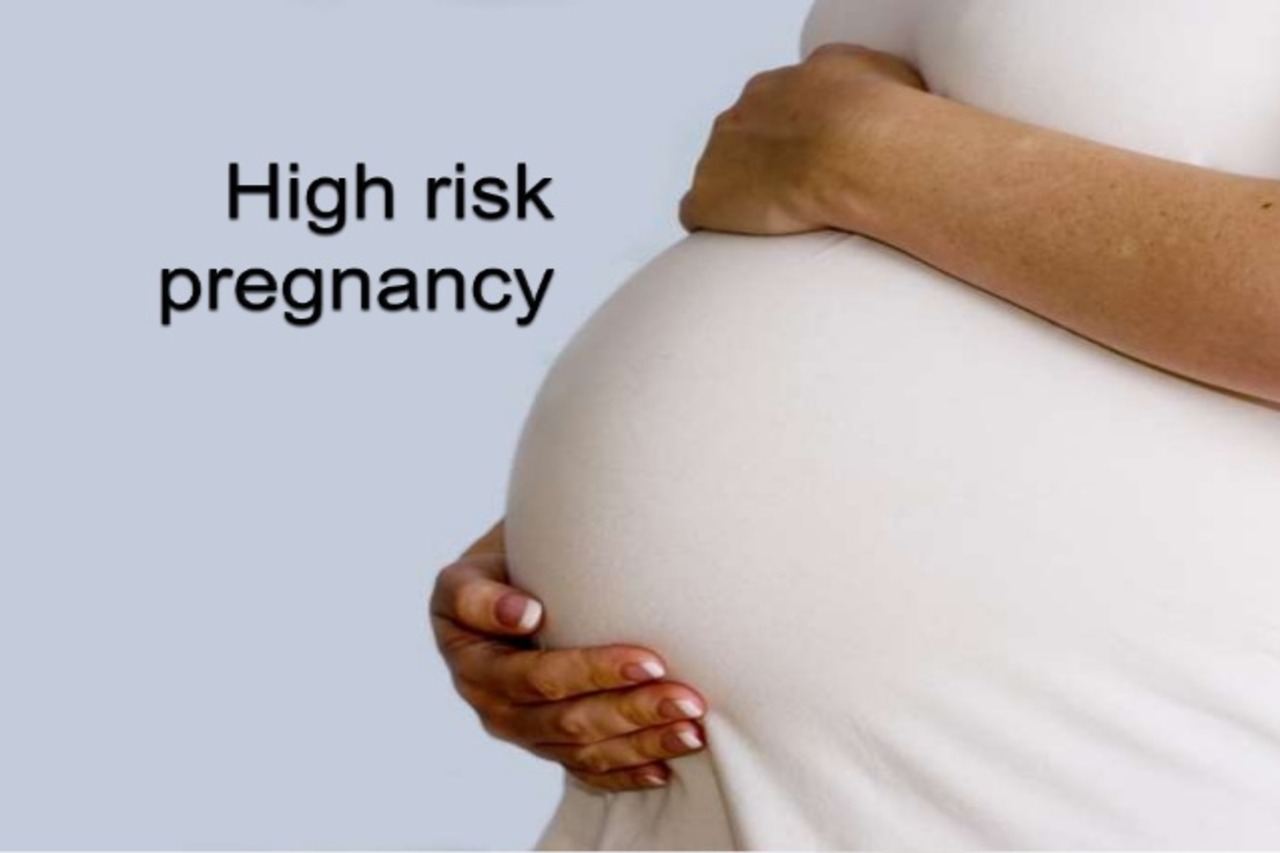Understanding High Risk Pregnancies
A high-risk pregnancy is one where the health of the mother, fetus or both is at increased risk. These pregnancies require specialized care due to the presence of underlying health conditions, complications or age-related factors. Early identification and comprehensive monitoring are critical to ensuring positive outcomes, both for the mother and baby.
High-risk pregnancies often involve a multi-disciplinary approach to care, as various specialists work in tandem to mitigate potential risks and provide the highest standard of medical attention.
Identifying High Risk Pregnancy Factors
Several factors contribute to a pregnancy being categorized as high risk. Pre-existing medical conditions like diabetes, hypertension or autoimmune disorders can complicate a pregnancy. These conditions require vigilant management to reduce the risk of complications such as preterm labor, gestational diabetes or placental issues.
Additionally, age plays a significant role. Women under the age of 17 or over 35 face higher risks for conditions like gestational hypertension, chromosomal abnormalities and preterm birth. Lifestyle factors such as smoking, obesity or poor nutrition can further increase the risks associated with pregnancy.
The Role of Specialist Healthcare Providers
The cornerstone of high risk pregnancy care lies in the expertise of specialized healthcare providers. Obstetricians, particularly those trained in maternal-fetal medicine, are at the forefront of managing these pregnancies. They work closely with other specialists, such as cardiologists for heart conditions or endocrinologists for diabetes management, to ensure all aspects of the mother’s health are addressed.
A collaborative care approach ensures that no detail is overlooked, from maternal health to fetal well-being, which is essential for achieving the best possible outcomes.
Essential Tests and Monitoring for High-Risk Pregnancies
Regular monitoring is critical in high-risk pregnancies. A series of tests and screenings, such as blood work, genetic screening and ultrasounds, help healthcare providers track the health of both mother and baby. Fetal monitoring methods, such as non-stress tests (NST) and biophysical profiles (BPP), evaluate the fetus’s heart rate and overall condition.
These tools allow for the early detection of complications, giving healthcare providers the opportunity to intervene before issues escalate.
Managing Chronic Health Conditions During Pregnancy
Chronic health conditions, such as diabetes and hypertension, must be meticulously managed during pregnancy. Gestational diabetes, a form of diabetes that develops during pregnancy, requires constant blood sugar monitoring and dietary adjustments. In some cases, insulin therapy may be necessary to keep blood glucose levels under control.
Hypertension, including preeclampsia, poses significant risks for both the mother and the baby. Regular blood pressure monitoring is crucial and in some cases, medications may be prescribed to lower blood pressure and prevent complications such as stroke or organ damage.
Diet and Nutrition for High Risk Pregnancies
Proper nutrition is paramount in high risk pregnancies. Women with conditions like gestational diabetes must adhere to strict dietary guidelines to manage their blood sugar levels. A balanced diet rich in fiber, lean proteins and healthy fats is essential, while processed sugars and excessive carbohydrates should be avoided.
In addition to diet, supplements like folic acid, calcium and iron are often recommended to prevent deficiencies that could impact both maternal and fetal health.
The Role of Exercise and Physical Activity
Exercise can be beneficial for women with high risk pregnancies, but it must be approached with caution. Low-impact activities, such as walking or swimming can help maintain a healthy weight and improve circulation, reducing the risks of gestational diabetes and preeclampsia.
However, it is essential to consult with a healthcare provider before starting any exercise regimen, as certain activities may be too strenuous or risky depending on the pregnancy complications involved.
Psychological Support and Mental Health
The emotional well-being of expectant mothers facing high risk pregnancies should not be overlooked. The stress and anxiety that come with the constant monitoring and potential complications can take a toll on mental health. Support from family, friends and counseling services is vital for managing stress.
Furthermore, mental health professionals can help mothers navigate feelings of fear or uncertainty, empowering them with coping mechanisms and emotional support during a challenging time.
Planning for Labor and Delivery
The birth plan for a high risk pregnancy often requires special considerations. Depending on the complications, a cesarean section may be recommended over vaginal delivery or the use of assisted delivery techniques may be necessary. Detailed planning with healthcare providers ensures that the labor and delivery process is tailored to the mother’s specific health needs, minimizing the risk of complications.
In some cases, early delivery may be required if the health of the mother or fetus is at risk. This makes it crucial for both the mother and healthcare team to be prepared for potential changes in the delivery process.
Postpartum Care for High Risk Mothers
After delivery, mothers with high risk pregnancies need ongoing care to address any lingering health issues. Postpartum monitoring includes checks for complications such as hemorrhage, infections and mood disorders like postpartum depression.
Healthcare providers also continue to monitor conditions such as hypertension and diabetes, ensuring that the mother’s health stabilizes in the postpartum period. Long-term health considerations may involve adjustments in medication or lifestyle changes to mitigate future risks.
Conclusion: Ensuring a Safe and Healthy Pregnancy Outcome
Managing a high risk pregnancy requires proactive and comprehensive care. Early detection of risks, coupled with continuous monitoring, offers the best chance for a healthy pregnancy and delivery. Open communication with healthcare providers, a tailored care plan and support systems for both physical and emotional health are essential components for achieving the best possible outcomes for both mother and baby.


No Comments